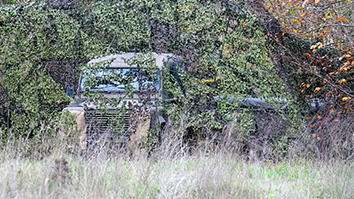Citation
Creus, C., Godoy, G., Massanes, F., & Tiwari, A. (2013). Non-linear rewrite closure and weak normalization. Journal of Automated Reasoning, 51(3), 281-324.
Abstract
A rewrite closure is an extension of a term rewrite system with new rules, usually deduced by transitivity. Rewrite closures have the nice property that all rewrite derivations can be transformed into derivations of a simple form. This property has been useful for proving decidability results in term rewriting. Unfortunately, when the term rewrite system is not linear, the construction of a rewrite closure is quite challenging. In this paper, we construct a rewrite closure for term rewrite systems that satisfy two properties: the right-hand side term in each rewrite rule contains no repeated variable (right-linear) and contains no variable occurring at depth greater than one (right-shallow). The left-hand side term is unrestricted, and in particular, it may be non-linear. As a consequence of the rewrite closure construction, we are able to prove decidability of the weak normalization problem for right-linear right-shallow term rewrite systems. Proving this result also requires tree automata theory. We use the fact that right-shallow right-linear term rewrite systems are regularity preserving. Moreover, their set of normal forms can be represented with a tree automaton with disequality constraints, and emptiness of this kind of automata, as well as its generalization to reduction automata, is decidable. A preliminary version of this work was presented at LICS 2009 (Creus 2009).
Keywords: Rewrite closure, Term rewriting, Weak normalization, Tree automata


